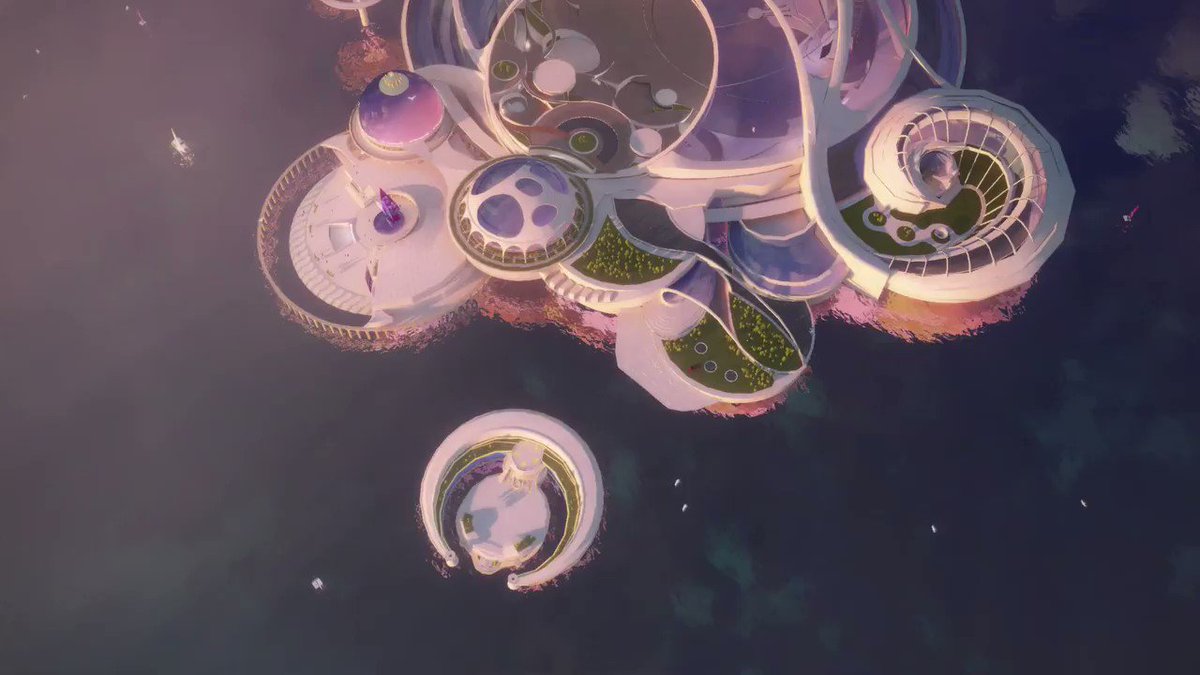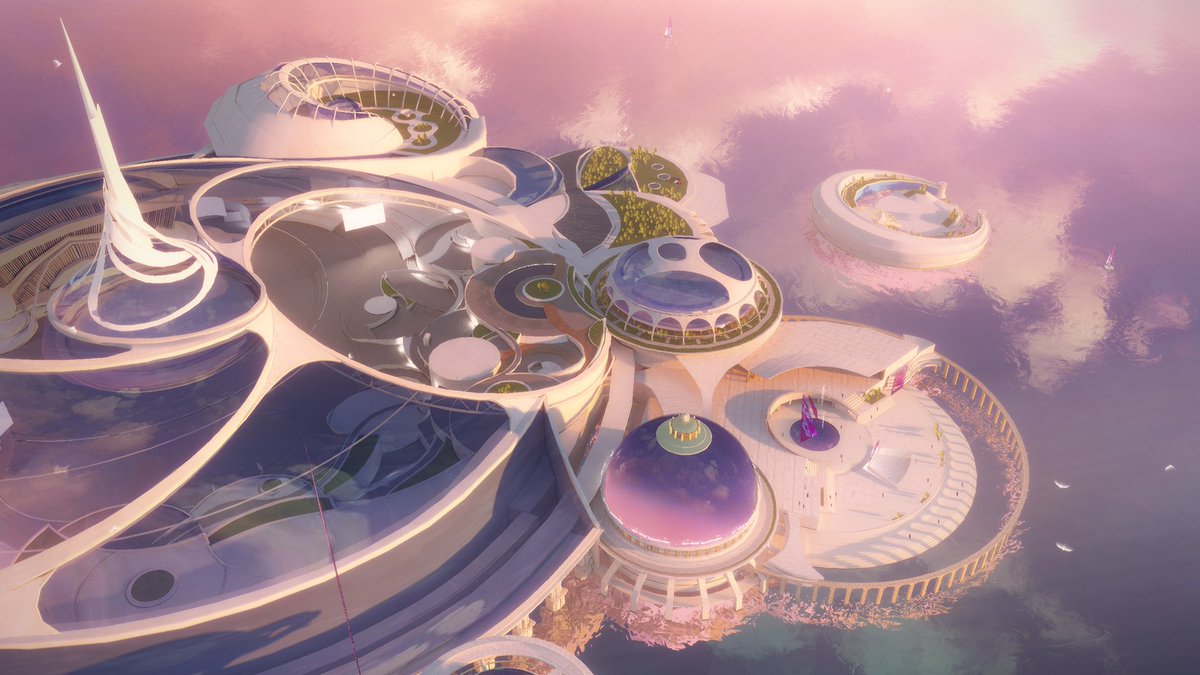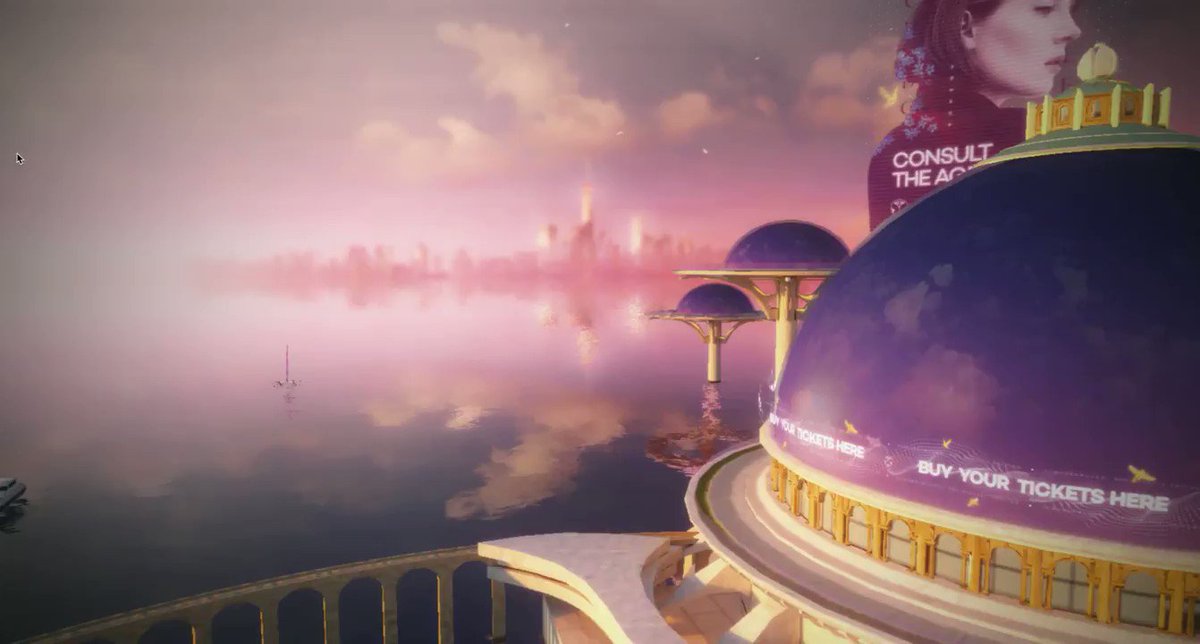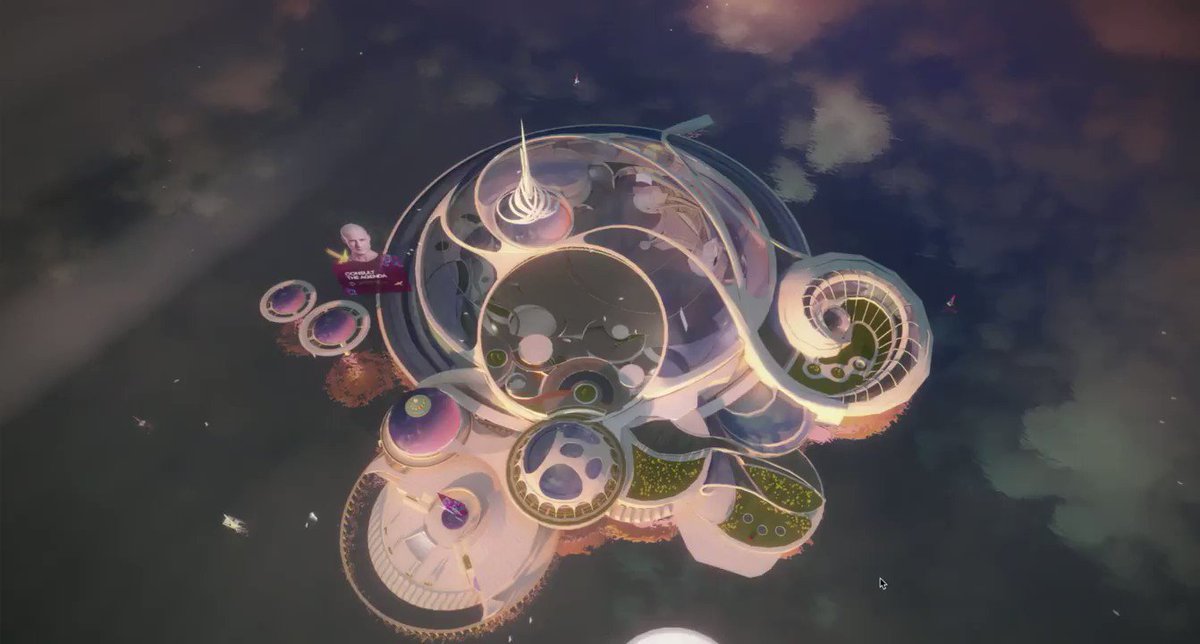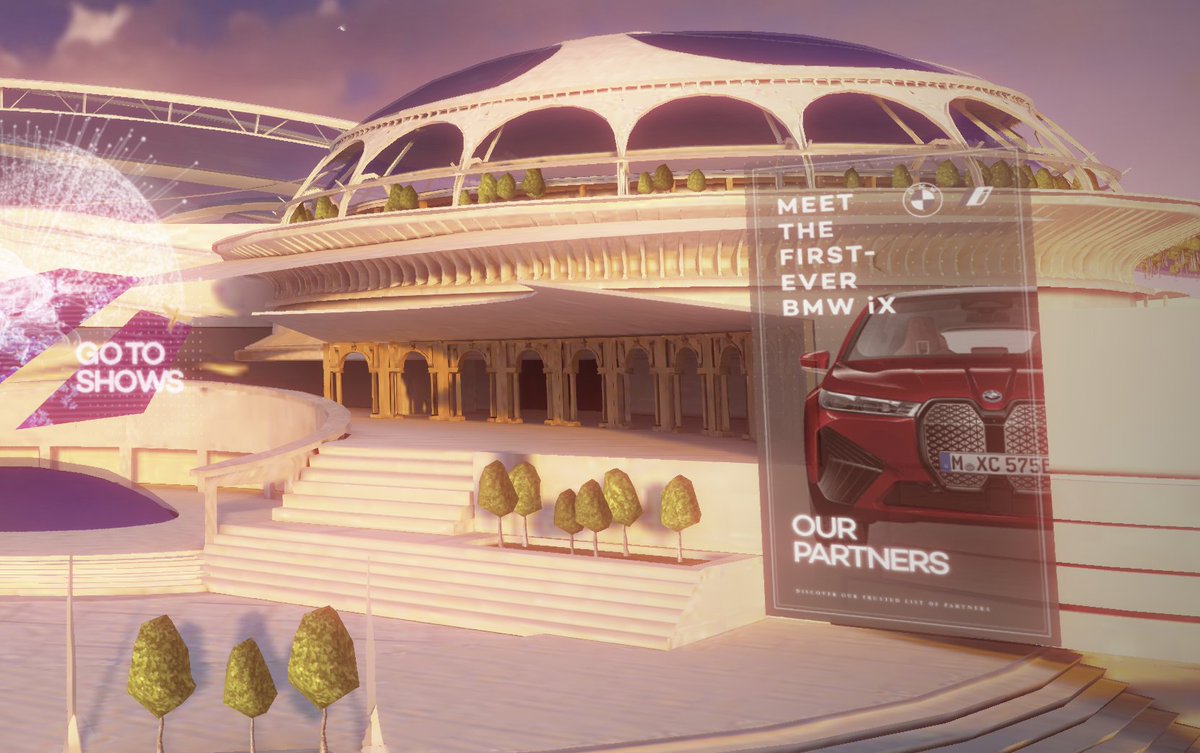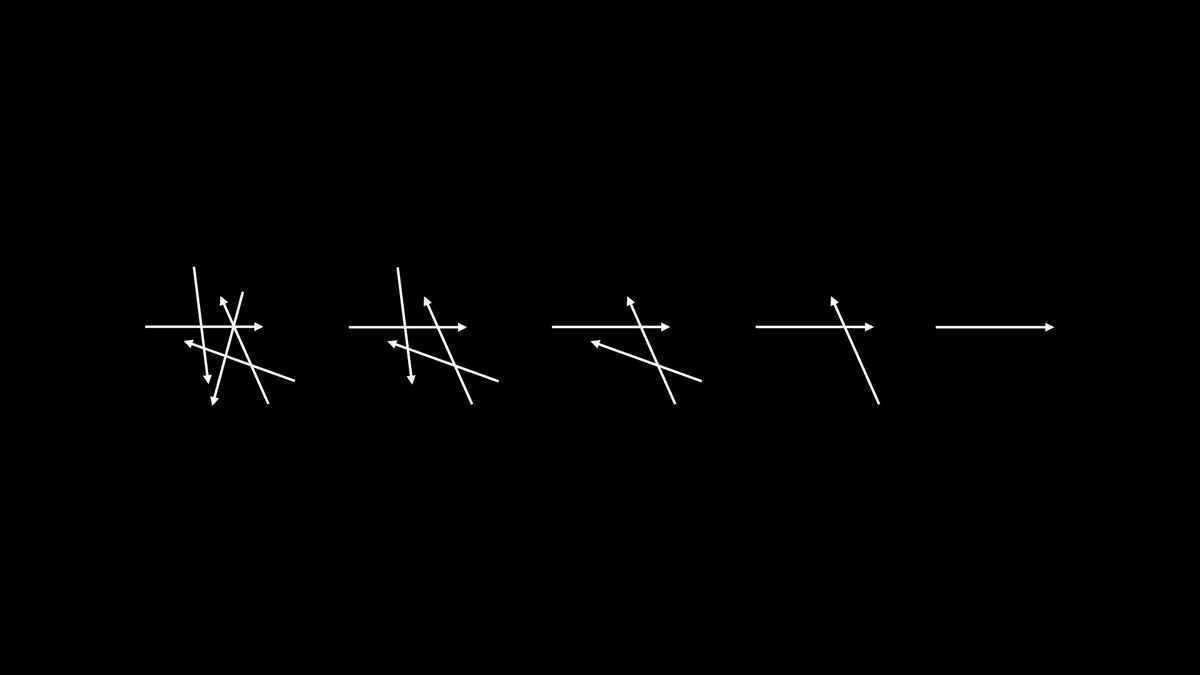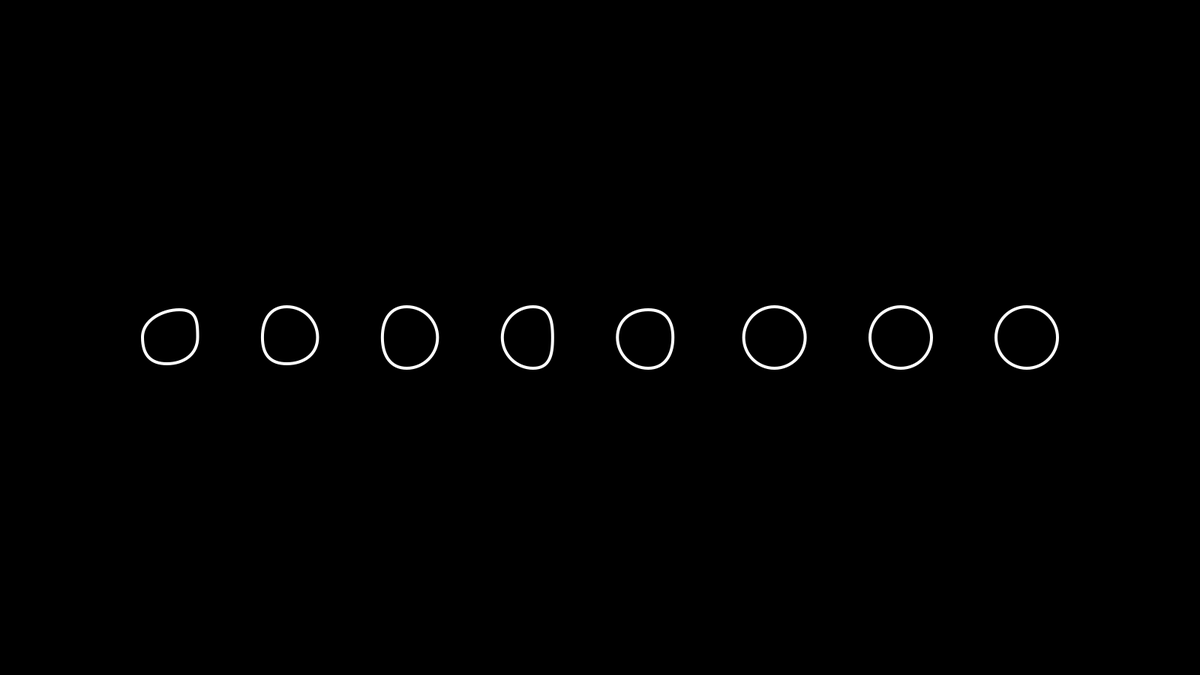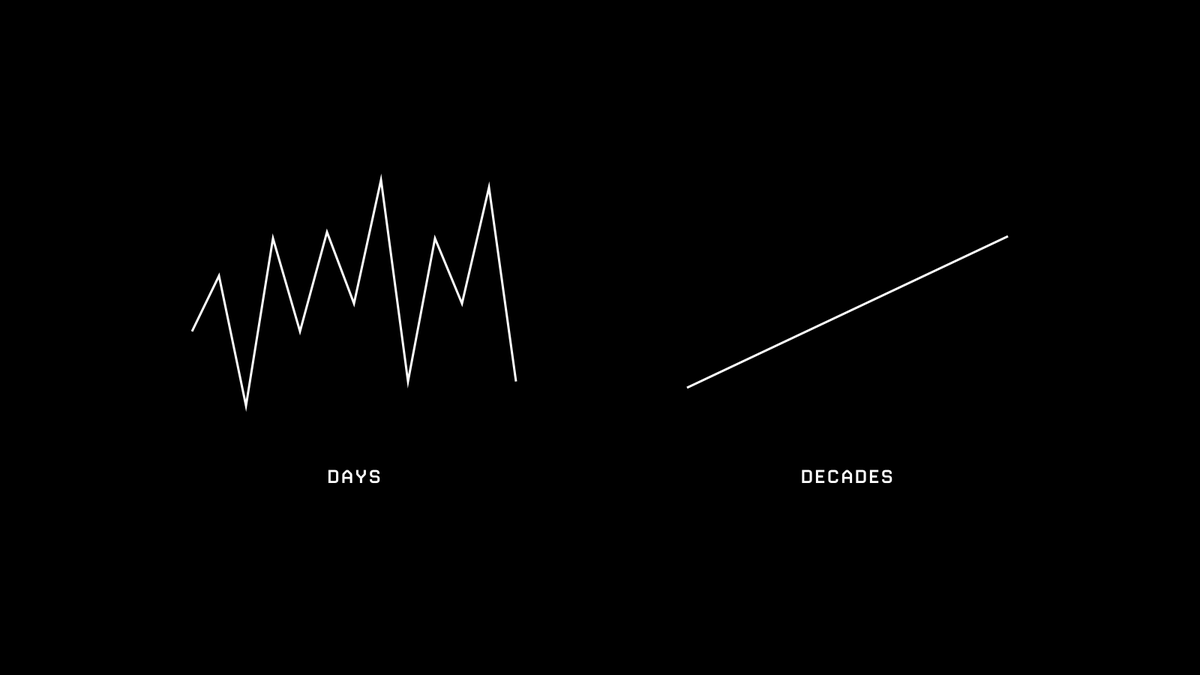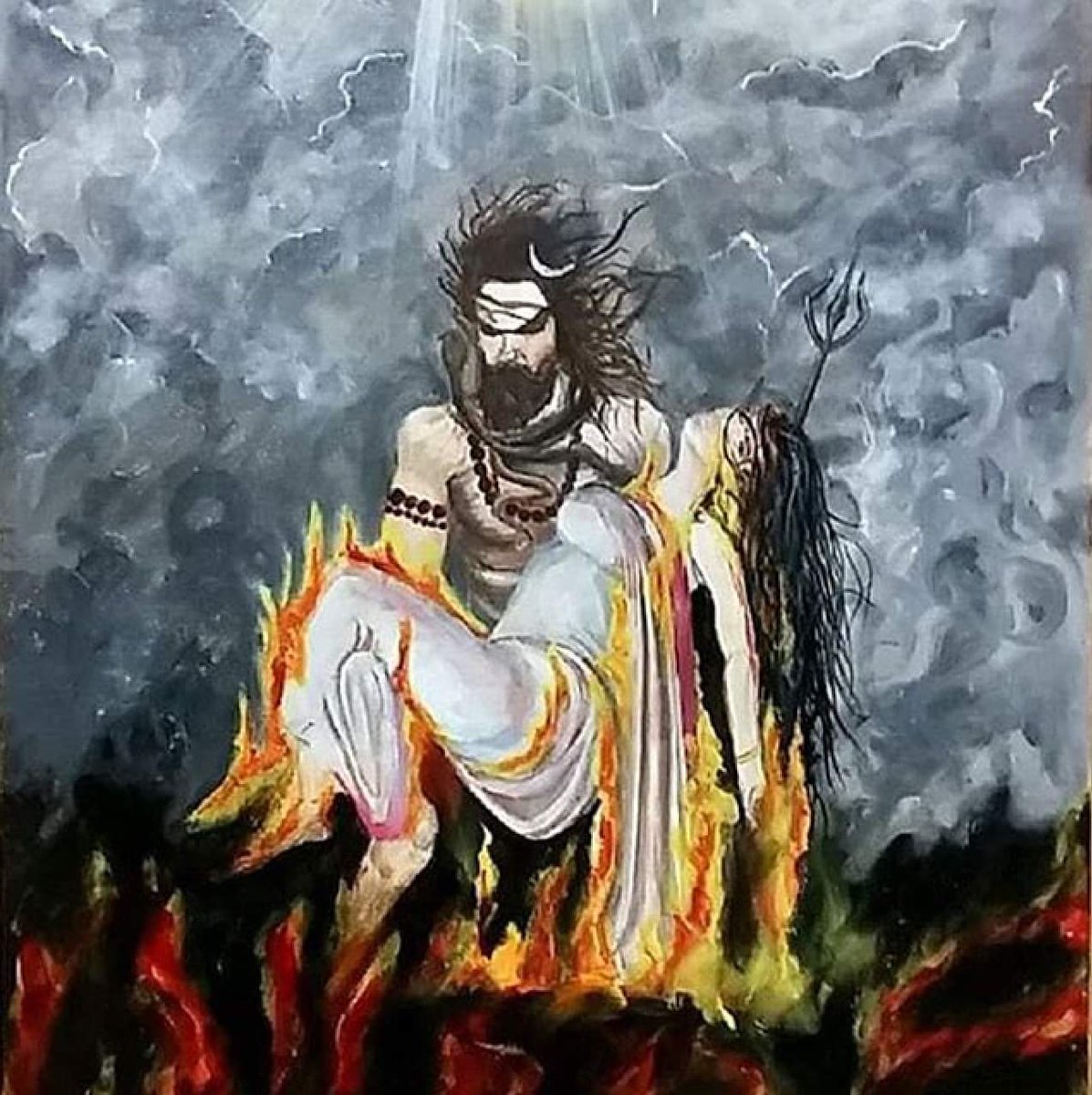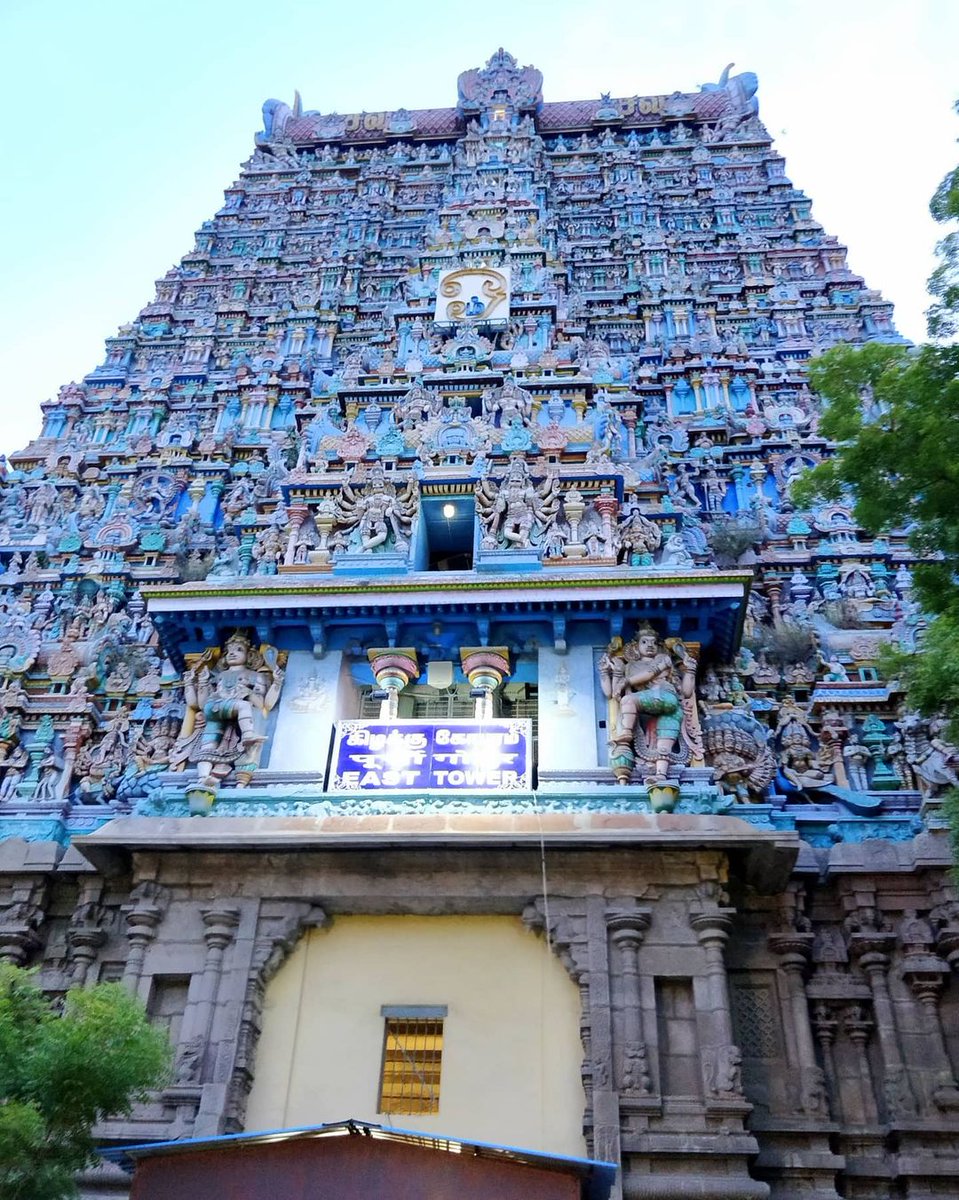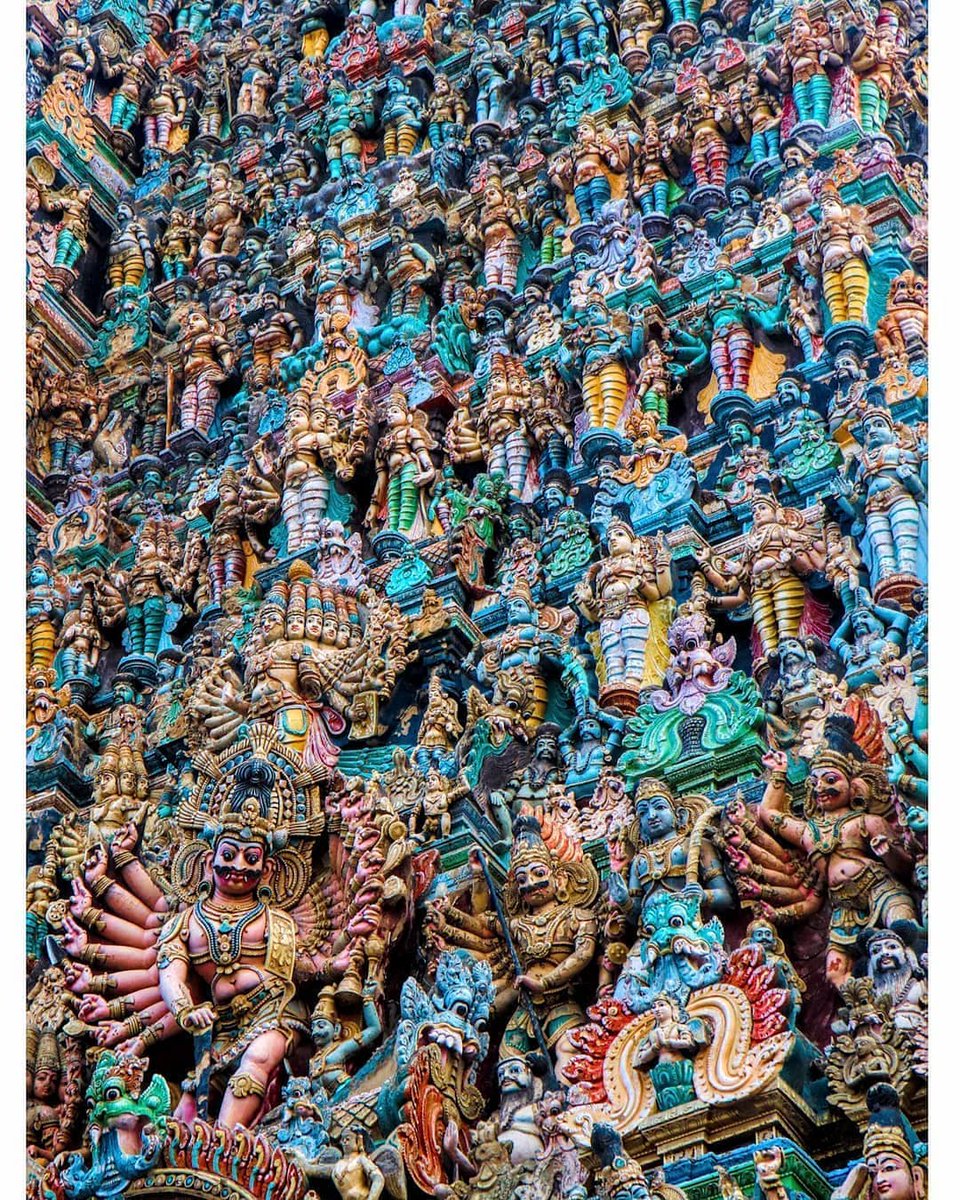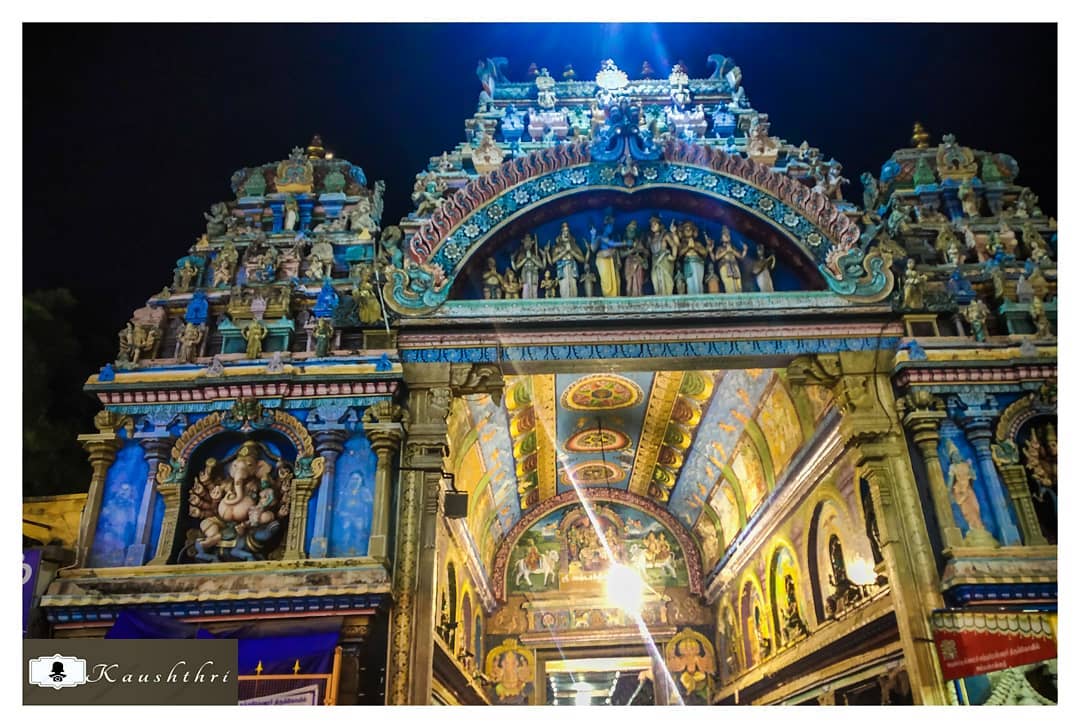Let's chat.
Can something be art and design at the same time?
More from Design
I've been thinking about the "reframing of powerlessness as righteousness" with regards to design education, and I want to jot down some loose thoughts...
Around 2012, while on summer break from what I felt was a lackluster school year, I was kind of at a breaking point. A prominent designer was peddling this self-help program, a $6000 weeklong workshop that centered around dinner with him and his influential friends.
His response to a fan who was deeply inspired by him and wanted to be a better designer, who asked "what if I can't afford the $6000?" was "You simply don't *want* to afford it." It's not a priority for you. I remember seeing it on Facebook and getting up from my chair.
It was gross, and it felt like the latest incident in what seemed like a long generational road of manipulating impressionable young people into thinking that the only thing stopping them from having the lives of these visible figures was passion
It felt wrong. Absolutely wrong. I thought about my best friend from high school. Someone just as—if not more—talented than me in art. Both of us dreamed of going to the same art school. Only one of us did. His familial socioeconomics as his undocumented status made it impossible
A person who adamantly argues for why you are powerless and takes offense at your self-determination could not be more clear about what role they prefer you in.
— Salom\xe9 Sibonex (@SalomeSibonex) December 30, 2020
Around 2012, while on summer break from what I felt was a lackluster school year, I was kind of at a breaking point. A prominent designer was peddling this self-help program, a $6000 weeklong workshop that centered around dinner with him and his influential friends.
His response to a fan who was deeply inspired by him and wanted to be a better designer, who asked "what if I can't afford the $6000?" was "You simply don't *want* to afford it." It's not a priority for you. I remember seeing it on Facebook and getting up from my chair.
It was gross, and it felt like the latest incident in what seemed like a long generational road of manipulating impressionable young people into thinking that the only thing stopping them from having the lives of these visible figures was passion
It felt wrong. Absolutely wrong. I thought about my best friend from high school. Someone just as—if not more—talented than me in art. Both of us dreamed of going to the same art school. Only one of us did. His familial socioeconomics as his undocumented status made it impossible
You May Also Like
I just finished Eric Adler's The Battle of the Classics, and wanted to say something about Joel Christiansen's review linked below. I am not sure what motivates the review (I speculate a bit below), but it gives a very misleading impression of the book. 1/x
The meat of the criticism is that the history Adler gives is insufficiently critical. Adler describes a few figures who had a great influence on how the modern US university was formed. It's certainly critical: it focuses on the social Darwinism of these figures. 2/x
Other insinuations and suggestions in the review seem wildly off the mark, distorted, or inappropriate-- for example, that the book is clickbaity (it is scholarly) or conservative (hardly) or connected to the events at the Capitol (give me a break). 3/x
The core question: in what sense is classics inherently racist? Classics is old. On Adler's account, it begins in ancient Rome and is revived in the Renaissance. Slavery (Christiansen's primary concern) is also very old. Let's say classics is an education for slaveowners. 4/x
It's worth remembering that literacy itself is elite throughout most of this history. Literacy is, then, also the education of slaveowners. We can honor oral and musical traditions without denying that literacy is, generally, good. 5/x
As someone\u2019s who\u2019s read the book, this review strikes me as tremendously unfair. It mostly faults Adler for not writing the book the reviewer wishes he had! https://t.co/pqpt5Ziivj
— Teresa M. Bejan (@tmbejan) January 12, 2021
The meat of the criticism is that the history Adler gives is insufficiently critical. Adler describes a few figures who had a great influence on how the modern US university was formed. It's certainly critical: it focuses on the social Darwinism of these figures. 2/x
Other insinuations and suggestions in the review seem wildly off the mark, distorted, or inappropriate-- for example, that the book is clickbaity (it is scholarly) or conservative (hardly) or connected to the events at the Capitol (give me a break). 3/x
The core question: in what sense is classics inherently racist? Classics is old. On Adler's account, it begins in ancient Rome and is revived in the Renaissance. Slavery (Christiansen's primary concern) is also very old. Let's say classics is an education for slaveowners. 4/x
It's worth remembering that literacy itself is elite throughout most of this history. Literacy is, then, also the education of slaveowners. We can honor oral and musical traditions without denying that literacy is, generally, good. 5/x


